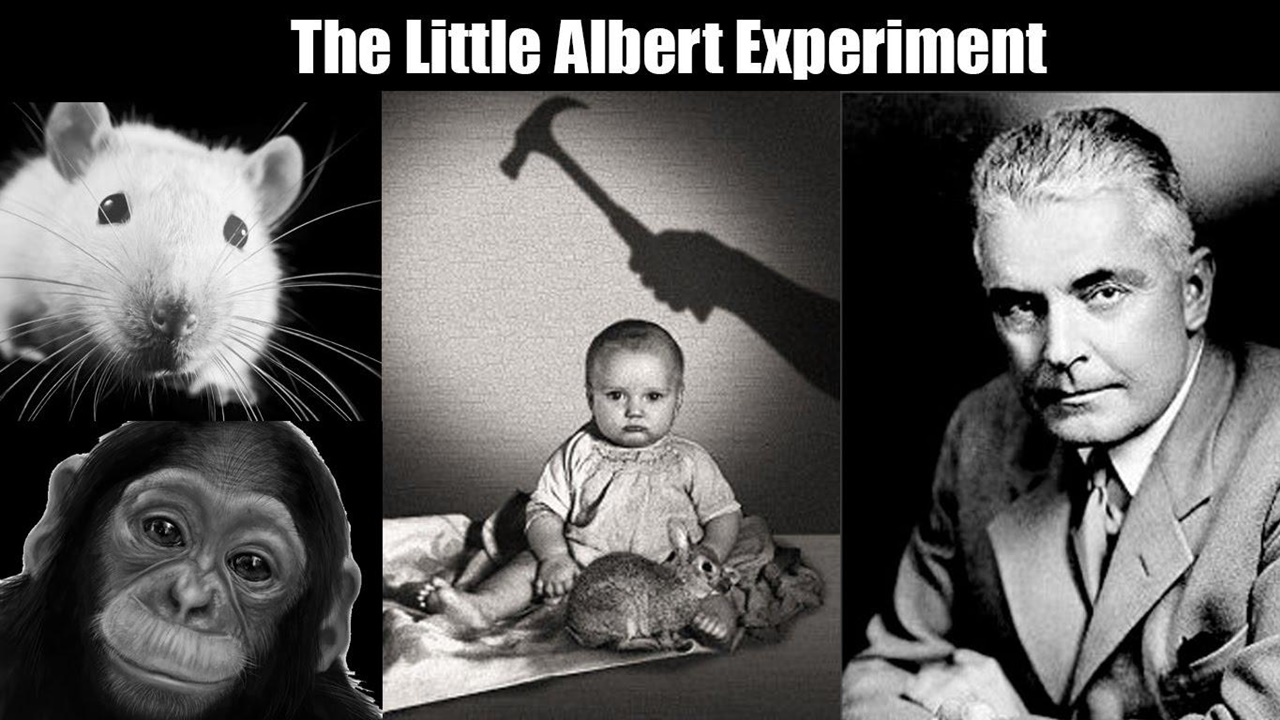When talking to someone with a mental disorder, the thought “what if I’m like this or I’m crazy” may have crossed your mind. Your observations and hearings may have supported your claim. But is this actually the case?
Imagine that a person you love very much develops a psychological disorder such as schizophrenia. In such a situation, you want to help him, so you want him to tell you what he went through. Even though he thinks that you will be afraid at first and run away, then he starts to trust you and tell you. But as you listen to his delusions, after a while you start to get really scared and “Is it getting to me too? Am I starting to ‘go crazy’ too?
Of course, this situation does not apply to everyone, but there are many myths that can happen to anyone and there are many myths that need to be clarified on this subject. For many years, psychology and psychiatry sciences have been examining the causes of the disorder for each disorder. Each disorder has its own dynamics and no disorder occurs for a single reason, as is thought.
Disorders do not have a single cause!
The subject of social sciences is often human and his behavior. Ethically, it is difficult to conduct ’cause-effect’ research on humans, since you cannot put a human in a laboratory and examine it like a mouse. You can do more descriptive, that is, relational research. So instead of saying “that’s why”, you say there may be a relationship between this and that. “So what does that matter?” If you say so, it actually matters a lot.
You cannot control all the variables on a person in a research you do. Even if you think that you control all the variables, the person participating in the experiment may get bored with the experiment and memorize the answers to the questions. I mean, the same goes for psychological disorders. When investigating the disorder, you often do not know whether it is due to the deficiency of a neurotransmitter in the brain, or the lack of gray matter in the brain, or whether they are a result, genetic factors, or environmental factors. So you can only talk about probabilities.
Don’t be afraid, just because you have it in your family, you don’t have to have it either!
Research on how psychological disorders are transmitted by heredity has been done for many years. These studies are so serious that even more than 40 years of studies have been carried out on families, on twins (identical twins, fraternal twins), adopted children. Some diseases, such as schizophrenia, are thought to be inherited. However, even if you are genetically predisposed to a disease, it may never occur as a result of the favorable environmental conditions you are in.
There are also diseases caused by functional disorders in the brain.
Brain imaging studies have progressed with the development of technology. Magnetic Resonance (MR), Diffusion Tensor Imaging (DTI), Positron emission tomography (PET) Such imaging techniques provide information about structural and functional disorders in the brain that may lead to psychological disorders.
But the most important thing here is, “Is these disorders experienced because there are changes in the brain, or are these changes in the brain occurring because these disorders already exist?” is the answer to the question. The answer to this question is not yet known at the present stage. The same goes for neurotransmitters in the brain such as dopamine, glutamate, serotonin, and GABA. For example, in disorders such as depression, it is known that the patient’s serotonin level is low and it is tried to be increased with the antidepressants given, and this is good for the client. But is low serotonin the only cause of the disorder, or is it a consequence?
RELATED NEWS
Research Questioning the Effect of Antidepressants in the Treatment of Depression: ‘They May Not Be the Solution’
Events that happen to us may be triggering the disorder.
Events that happen to us in the early years of life may trigger some disorders such as depression. Being a child born as a result of an unwanted pregnancy, the mother’s depression during pregnancy, extraordinary events experienced while in the mother’s womb (such as war, harsh weather conditions) schizophrenia and depression It has been found to increase the risk of developing disorders such as
Your personality may be triggering some disorders in you.
There are personality disorders defined by the Diagnostic and Statistical Manual of Mental Disorders 5th Revision, DSM-5. Although not as severe as personality disorders, there are personality types with the same characteristics. These personality types can trigger disorders such as bipolar disorder.
Finally, we also learn about some disorders.

Videos of Japanese people picking up trash after matches went viral in the past few days. In some cultures, families; This is how attention is paid to rigor, rules and order. Although there is no clear data on this, it is thought that disorders such as anxiety, phobias and obsessive compulsion (OCD) are triggered in children who grow up with this culture.
In the Little Albert experiment, which showed that phobias are formed by learning, a 9-month-old baby was taught fear of furry animals. Because of these and similar experiments, it is thought that some psychological disorders are the result of learning in this way.
RELATED NEWS
Do We Know Fear Innately or Do We Learn It Later? (Albert Experiment)
Note: Although there are factors such as the occurrence of traumatic events and your genetic predisposition to disorders, the risk of these disorders decreases when you are in a positive family environment.
RELATED NEWS
